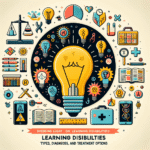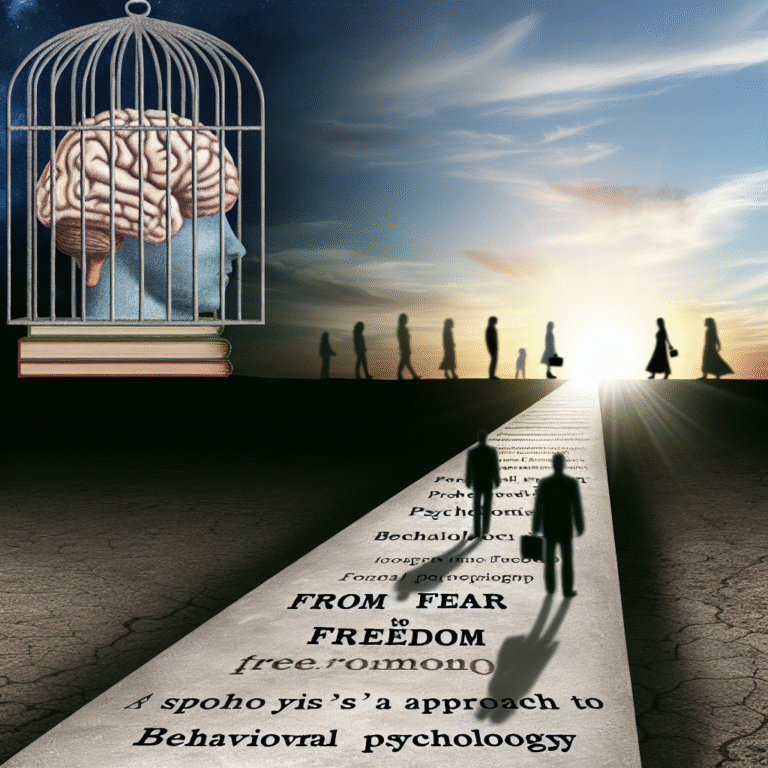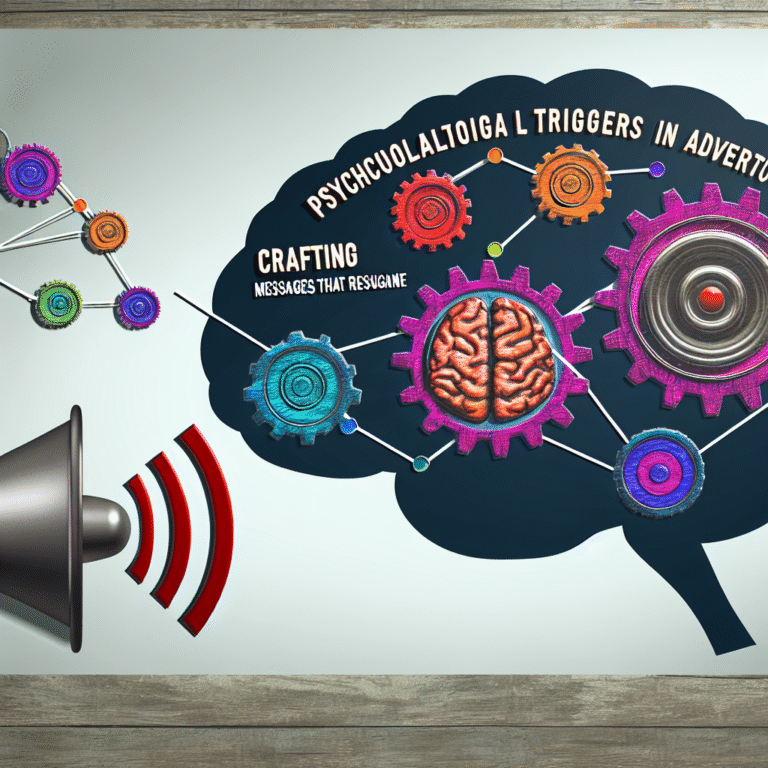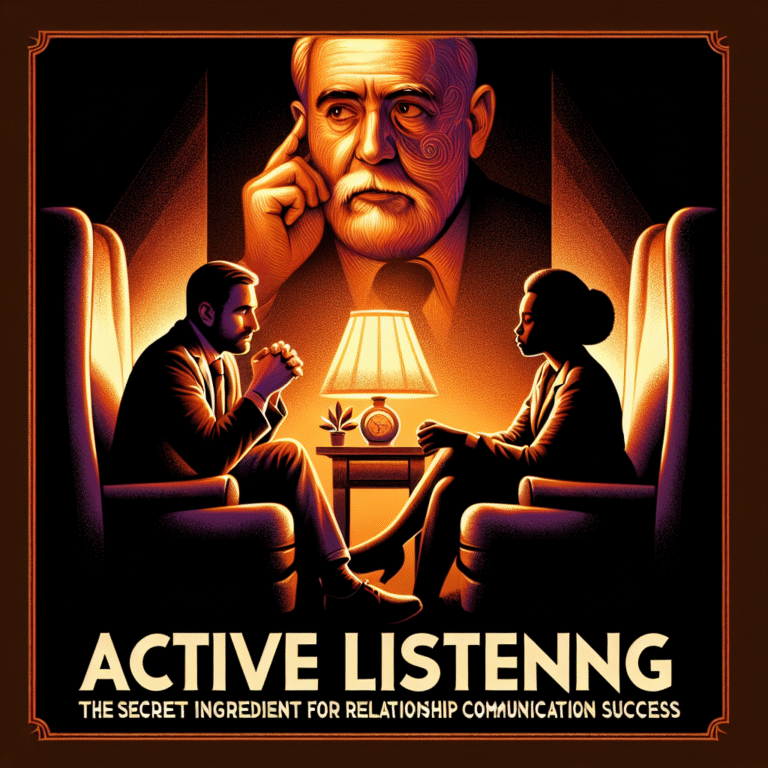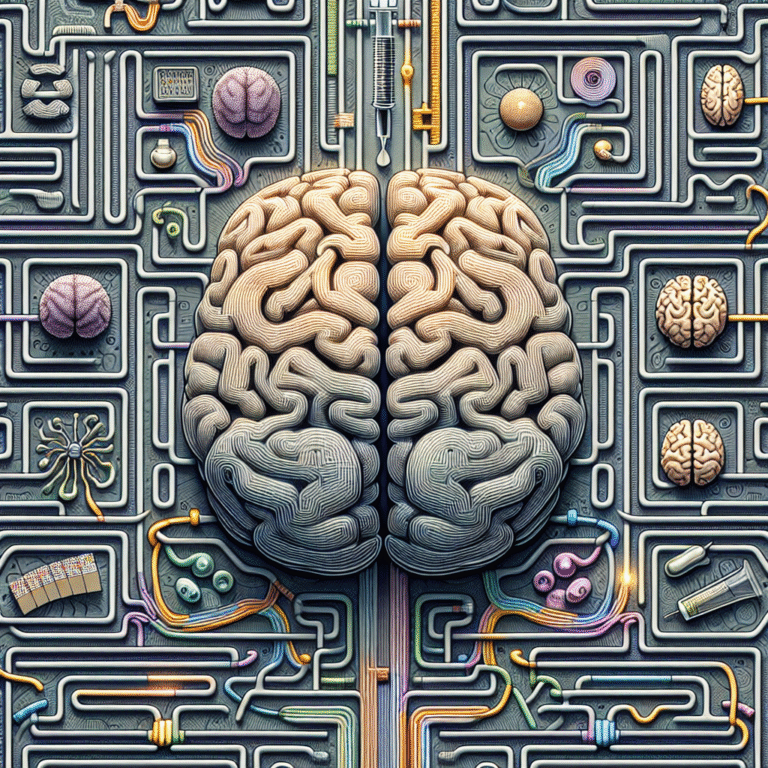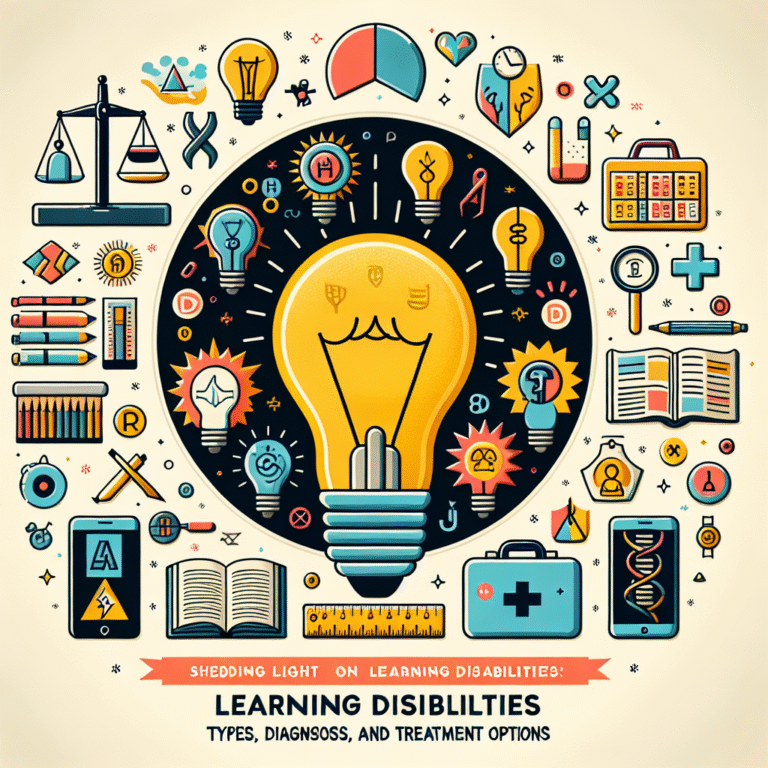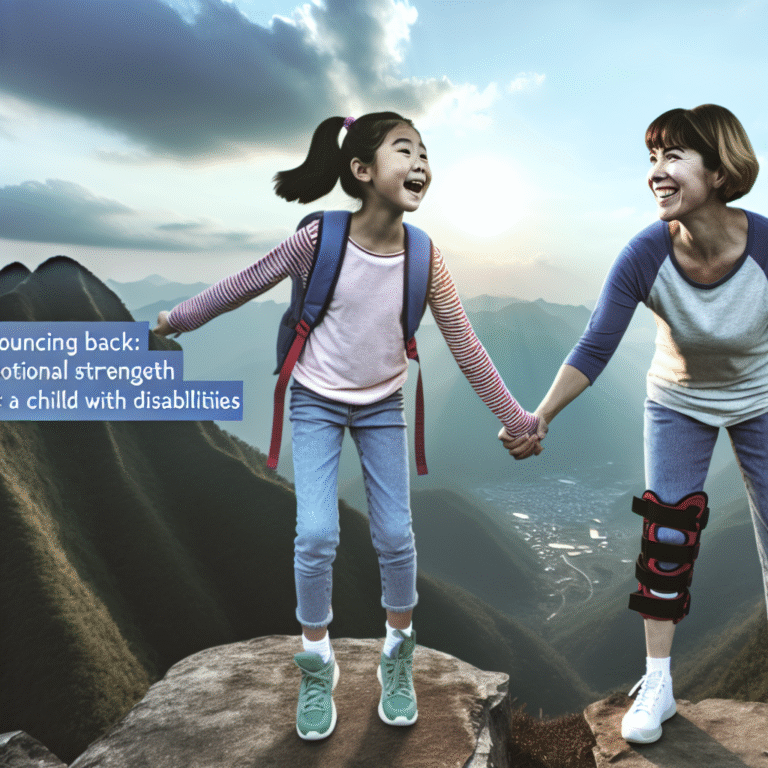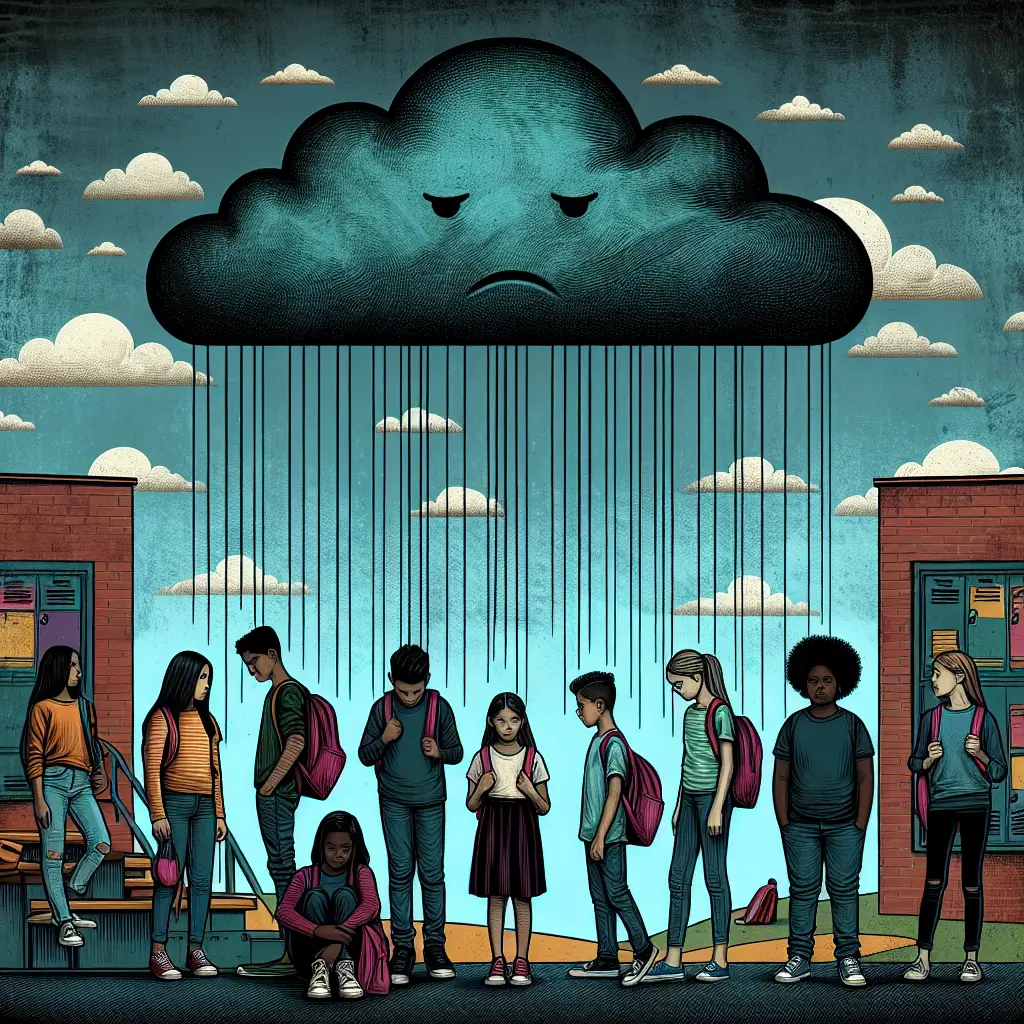
Unseen Scars: Exploring the Long-Term Psychological Effects of Bullying on Children and Teens

Introduction
Bullying is often thought of as a rite of passage during childhood—a phase that children will grow out of. However, behind this misguided belief lies a darker reality. The emotional and psychological aftermath of bullying can leave lasting marks that are often invisible but deeply felt—a phenomenon aptly described as “unseen scars.” This article delves into the long-term psychological effects of bullying on children and teens, revealing how these experiences shape lives long after the bullying has ceased. By understanding these unseen scars, we can equip ourselves to advocate for change, provide meaningful support, and foster environments where children can thrive, free from the shadow of bullying.
Understanding Bullying: More Than Just One Child Picking on Another
Bullying encompasses a range of behaviors, including physical, verbal, and emotional abuse. It often thrives in environments like schools, playgrounds, and even online platforms, where larger social dynamics come into play. According to the National Center for Educational Statistics, almost one in three students reports being bullied in some form, highlighting the pervasiveness of this issue.
Types of Bullying
- Physical Bullying: Involves hitting, kicking, or other forms of physical aggression.
- Verbal Bullying: Includes name-calling, teasing, and making threats.
- Social Bullying: Involves damaging someone’s reputation or relationships, often through rumor-spreading or exclusion.
- Cyberbullying: Occurs through digital platforms, making it pervasive and inescapable for victims.
Case Study: The Impact of Cyberbullying
A poignant example comes from the case of Amanda Todd, a Canadian teen whose experience with cyberbullying led to severe mental health issues, including anxiety and depression. Amanda’s story serves to illustrate that the scars from bullying can extend far beyond the schoolyard or playground, infiltrating the safe spaces of home and online interactions.
The Psychological Effects of Being Bullied
The psychological repercussions of bullying can be far-reaching, often leading to mental health challenges that can last a lifetime.
Anxiety and Depression
Children who experience bullying are at a higher risk for developing anxiety and depression. The Journal of the American Academy of Child and Adolescent Psychiatry published a study revealing a twofold increase in mental health disorders in adulthood among those who experienced bullying.
Low Self-Esteem and Self-Worth
Victims of bullying may grapple with feelings of worthlessness and inadequacy. This can stem from the constant belittling and dehumanizing comments made by bullies. The internalization of such messages can lead to a distorted self-image, impacting personal and professional relationships in the future.
Emotional Dysregulation
Many victims struggle with regulating emotions, which can manifest as mood swings, irritability, or emotional numbness. This emotional dysregulation can hinder their ability to cope with stressors later in life.
Unseen Scars: Long-Term Consequences
Understanding the long-term impacts of bullying requires an exploration of how these psychological effects evolve over time.
Academic Challenges
Victims of bullying often show a decline in academic performance. Their focus may shift from learning to merely surviving the daily school environment. A study from the American Psychological Association indicated that bullied students are 30% more likely to drop out of school than their peers.
Relationship Difficulties
Unseen scars can profoundly affect how individuals form and maintain relationships. Victims may distrust others, struggle with intimacy, or exhibit avoidance behaviors. The scars of bullying often color their interactions and perceptions, resulting in isolation.
The Role of Support Systems
Support systems play a pivotal role in healing from the psychological effects of bullying. Encouraging open communication between children, parents, and educators can lead to timely intervention and lasting recovery.
Case Study: School Intervention Programs
An illustrative case study is the implementation of the Olweus Bullying Prevention Program (OBPP). Schools adopting this evidence-based program often report reductions in the frequency of bullying and improvements in student morale. The program teaches empathy and promotes a culture of kindness, proving instrumental in reducing emotional scars.
Healing the Unseen Scars
Addressing the long-term psychological effects of bullying requires a multifaceted approach:
Professional Counseling
Seeking help from mental health professionals can create pathways to healing. Therapists can use techniques like cognitive-behavioral therapy (CBT) to help victims reframe negative beliefs and develop coping strategies.
Peer Support Groups
Participating in support groups can help victims connect with others who have experienced similar challenges. Sharing stories and strategies can empower individuals and validate their experiences.
Educational Workshops
Schools can implement educational workshops focused on empathy, conflict resolution, and the qualities of healthy relationships. Equipping children with these skills can help create a more tolerant and supportive environment.
Conclusion
As we explore the unseen scars left by bullying, it becomes clear that we must take a collective stand to address the psychological implications of this pervasive issue. By fostering open dialogue, implementing effective interventions, and prioritizing mental health in our communities, we can create a world where children are not just surviving their formative years but thriving in them. Let us challenge ourselves to advocate for those who suffer from the invisible wounds of bullying and work towards a brighter, more compassionate future.
FAQs
How Does Bullying Affect a Child Psychologically?
Bullying profoundly impacts a child’s emotional and mental health. Psychological effects include:
- Low Self-Esteem: Constant criticism or harassment leads children to doubt their worth.
- Anxiety and Depression: Victims often develop chronic worry or depressive symptoms.
- Fear of Social Interaction: A bullied child may avoid school or social activities, fearing further harm.
- Difficulty Trusting Others: Bullying can lead to skepticism about relationships.
- Emotional Dysregulation: Increased difficulty managing emotions like anger or sadness.
For more strategies on addressing bullying’s effects, explore this guide.
What Is the Psychology of a Bully?
Understanding the psychology of bullies helps address the root causes of their behavior:
- Desire for Control: Bullies often seek power over others to compensate for personal insecurities.
- Emotional Deficits: Many bullies struggle with empathy, making it harder to understand the pain they cause.
- Learned Behavior: Exposure to aggression at home or in social settings normalizes bullying.
- Unresolved Anger: Bullies may channel frustration or anger into dominating peers.
- Peer Influence: Social pressure or desire for acceptance in a group often drives bullying behavior.
Learn more about the psychology of bullying here.
How Bullying Can Negatively Impact Children?
The negative impact of bullying on children manifests in various areas of life:
- Academic Performance: Stress and avoidance can lead to declining grades.
- Physical Health: Stress-related symptoms like headaches or stomachaches are common.
- Social Isolation: Bullying victims often withdraw from peers and activities they once enjoyed.
- Increased Risk of Self-Harm: Bullying can lead to harmful coping mechanisms, including self-injury.
- Heightened Vigilance: Persistent bullying fosters a sense of insecurity and hyper-awareness.
Addressing bullying requires comprehensive intervention strategies. Learn about these interventions here.
What Are the Long-Term Psychological Effects of Bullying?
Bullying’s effects can persist well into adulthood, influencing mental health and personal relationships:
- Chronic Anxiety: Victims may struggle with generalized or social anxiety.
- Depression and Suicidality: Prolonged exposure to bullying increases the risk of depressive disorders and suicidal thoughts.
- Difficulty Forming Relationships: Trust issues stemming from childhood bullying affect future connections.
- PTSD Symptoms: Repeated exposure to bullying can cause flashbacks, hypervigilance, and avoidance behaviors.
- Low Career Confidence: A history of bullying may lead to self-doubt in professional environments.
For additional insights into long-term effects, check out this resource.
In addressing the lingering effects of bullying, we can begin to unveil the unseen scars that many children and teens carry. With knowledge, tools, and resources, we can help turn past pain into future promise. Let’s advocate for change, support our youth, and nurture a world that champions kindness and resilience.

